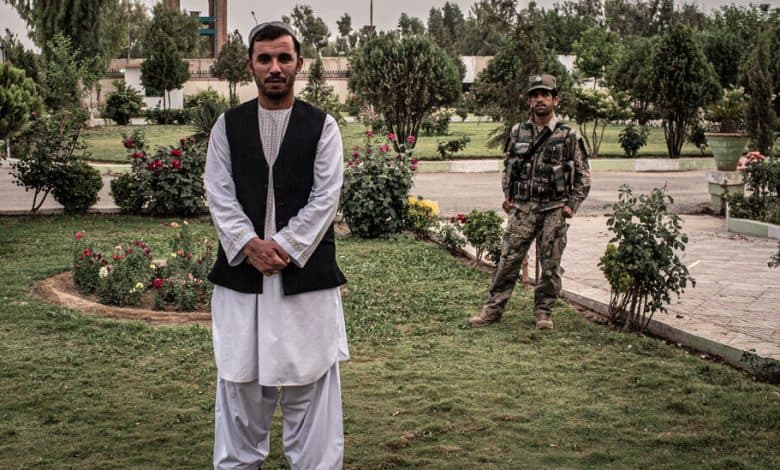Investigating a Monster: What We Found and How We Did It

The only thing faster than the American withdrawal from Afghanistan might be how quickly the world moved on.
The Biden Administration largely stopped talking about it. Most news organizations were already scaling back in Afghanistan when the Taliban took over.
But a question remained, at once basic and vast.
How did it come to this? How did the group that the United States invaded Afghanistan to eviscerate wind up back in charge?
With the war’s end, The New York Times could finally reach people and places that had been off-limits during the fighting — to figure out what really happened.
We found that one of America’s most important partners in the war against the Taliban — a celebrated general named Abdul Raziq — had carried out a systematic campaign of forced disappearances that killed hundreds, if not thousands, of people.
General Raziq’s story was not just a familiar one of tragedy and loss in a faraway war. Across Afghanistan, the United States elevated and empowered warlords, corrupt politicians and outright criminals to prosecute a war of military expediency in which the ends often justified the means.
